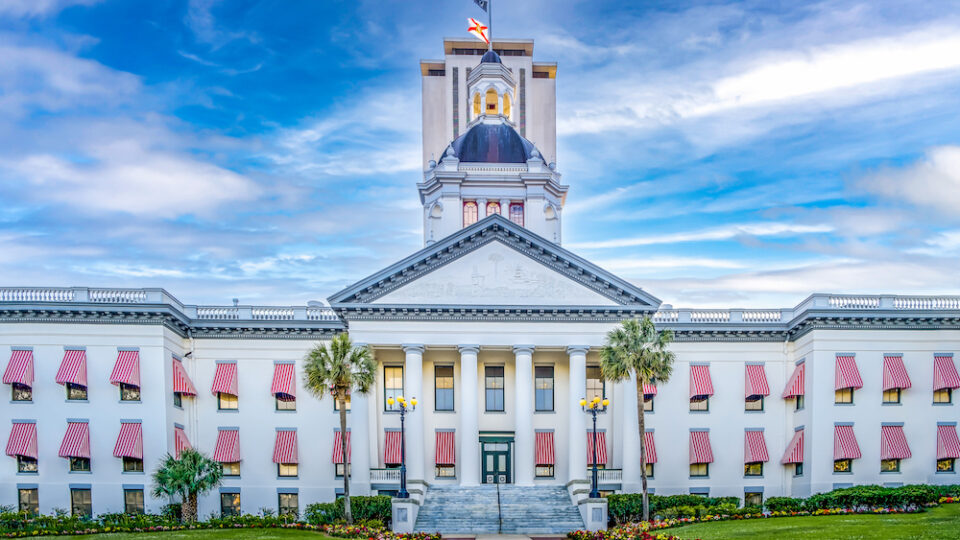In a decision issued on May 23, 2022, the U.S. Court of Appeals for the Eleventh Circuit ruled in Netchoice, LLC v. Moody that many of the requirements of Florida’s S.B. 7072 likely violate the First Amendment to the U.S. Constitution and cannot be enforced. If allowed to take effect, these requirements would have severely curtailed social media platforms’ content moderation abilities. The surviving provisions of the law primarily require platforms to disclose additional information about their content moderation policies and practices.
A lower court previously enjoined the entire law from being enforced, holding it unconstitutional. On appeal, the Eleventh Circuit upheld the injunction with respect to the law’s content moderation provisions and the requirement to explain every content moderation decision in thorough detail. The court held that platforms engage in First Amendment-protected expressive activity when they moderate content, and that the foregoing provisions unconstitutionally limited platforms’ ability to engage in this activity.
However, the court held that the law’s other disclosure-related provisions do not unconstitutionally limit platforms’ First Amendment activities, so these provisions are enforceable. Under these provisions, platforms covered by S.B. 7072 must:
- Publish the standards they use/have used for determining how to moderate content on their sites.
- Inform users about changes to their rules or terms before implementing those changes.
- Provide, on a user’s request, the number of other users who were provided or shown the requesting user’s content or posts, and enable users to request this information.
- If they “willfully” provide “free advertising” (undefined) to political candidates, inform candidates of such advertising, which does not include content by candidates shown in the same or similar way as other users’ posts.
- Allow users who have been banned permanently, or for at least 14 days, to access all of their data, content, information, and material for at least 60 days after being notified of the ban.
These requirements are now in effect and apply to platforms that do business in Florida and have annual gross revenue of over $100 million or have at least 100 million monthly individual users globally. Florida’s Attorney General has authority to enforce the law, which carries civil penalties of up to $10,000 per violation. Social media platforms that meet the revenue and user thresholds should thus begin putting systems in place to comply with S.B. 7072’s surviving requirements.


